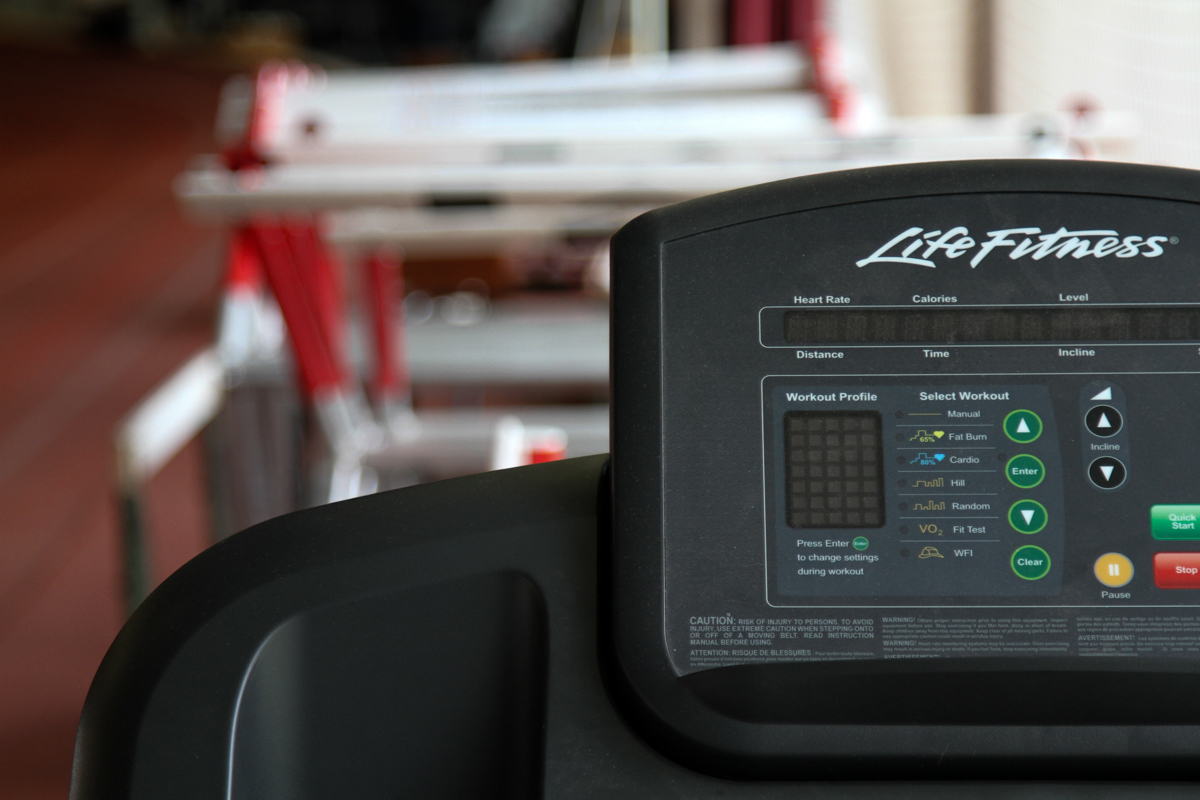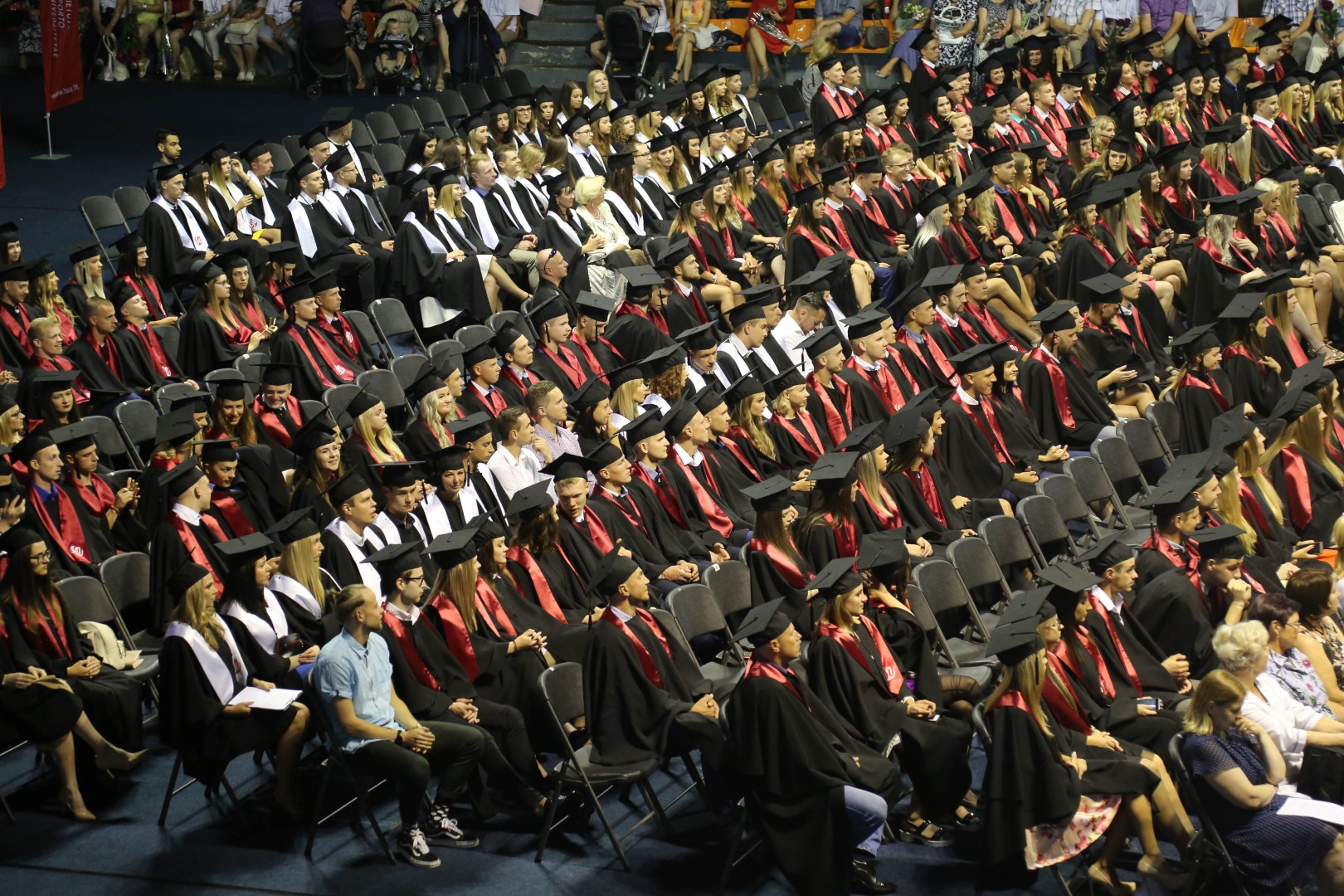The research carried out by LSU scientists and a co-author has revealed that evaluation in Physical Education lessons is related to physical activity in adulthood
LSU scientists Assoc. Prof. Dr. Arūnas Emeljanovas, Prof. Habil. Dr. Romualdas Malinauskas and Assoc. Prof. Dr. Irena Valantinė together with the UNESCO expert at the University of Worcester Prof. Dr. Ken Hardman carried out a research, the aim of which was to assess the links between the evaluation system in Physical Education lessons (among people who studied before the declaration of independence of the Republic of Lithuania) and physical activity of the people who are now over 35 years old.
The research was published in ISI Web of Science (Thomson Reuters) scientific journal “Kinesiology”, published at the University of Zagreb (Croatia).
The article discusses the differences in attitude of physically active and sedentary people over 35 years old towards achievement assessment, social features of Physical Education teachers’ evaluation, the influence of evaluation on physical activity in the past and at present, the attitude towards the experienced joy during Physical Education lessons and the benefits of the lessons before the declaration of independence of the Republic of Lithuania and now.
The findings revealed that one of the most important things a teacher must do is to understand students’ motivation in order to be able to properly convey the positive experience of motivation, and there was a lack of it in the past. Therefore, Physical Education teachers are facing a challenge indicating the means to promote students' physical activity. According to the findings of the research, it can be stated that a contemporary Physical Education teacher should look for new measures to promote physical activity (unconventional forms of physical activity), because 60 percent of sedentary people who are currently over 35 years old did not like Physical Education lessons. Unatractiveness of the lessons was related to the fact that pupils were told to do a specified task (run, jump, throw, etc.) and the results were evaluated giving a certain grade. In addition, effort was not assessed during Physical Education lessons, which reduced physical activity in adulthood by more than one and a half times. The fact that students did not understand the benefits of physical activity on the quality of life and healthy lifestyle reduced their physical activity in adulthood by two times.



